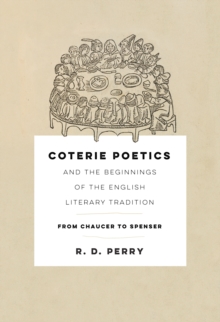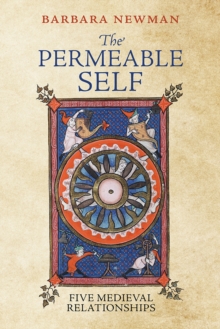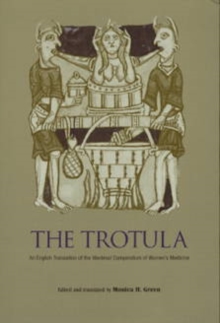
Dark Age Bodies : Gender and Monastic Practice in the Early Medieval West PDF
by Lynda L. Coon
Part of the The Middle Ages Series series
Description
In Dark Age Bodies Lynda L. Coon reconstructs the gender ideology of monastic masculinity through an investigation of early medieval readings of the body.
Focusing on the Carolingian era, Coon evaluates the ritual and liturgical performances of monastic bodies within the imaginative landscapes of same-sex ascetic communities in northern Europe.
She demonstrates how the priestly body plays a significant role in shaping major aspects of Carolingian history, such as the revival of classicism, movements for clerical reform, and church-state relations.
In the political realm, Carolingian churchmen consistently exploited monastic constructions of gender to assert the power of the monastery.
Stressing the superior qualities of priestly virility, clerical elites forged a model of gender that sought to feminize lay male bodies through a variety of textual, ritual, and spatial means. Focusing on three central themes—the body, architecture, and ritual practice—the book draws from a variety of visual and textual materials, including poetry, grammar manuals, rhetorical treatises, biblical exegesis, monastic regulations, hagiographies, illuminated manuscripts, building plans, and cloister design.
Interdisciplinary in scope, Dark Age Bodies brings together scholarship in architectural history and cultural anthropology with recent works in religion, classics, and gender to present a significant reconsideration of Carolingian culture.
Information
-
Download - Immediately Available
- Format:PDF
- Pages:416 pages, 8 color, 42 b/w illus.
- Publisher:University of Pennsylvania Press
- Publication Date:06/06/2011
- Category:
- ISBN:9780812204919
Other Formats
- Hardback from £85.09
Information
-
Download - Immediately Available
- Format:PDF
- Pages:416 pages, 8 color, 42 b/w illus.
- Publisher:University of Pennsylvania Press
- Publication Date:06/06/2011
- Category:
- ISBN:9780812204919










